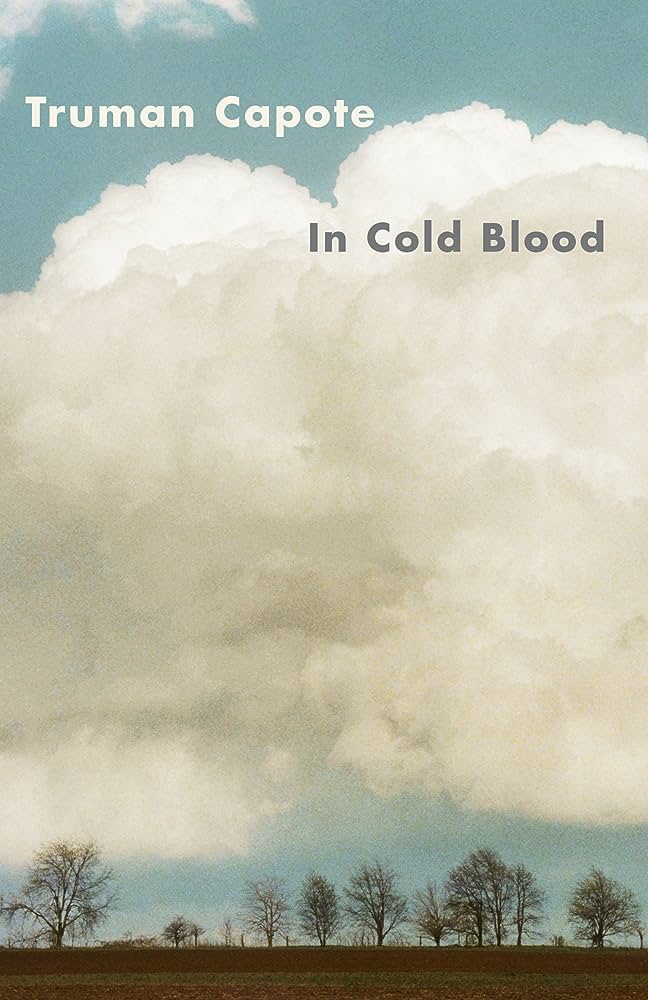
In Cold Blood
Author: Truman Capote Category: History Published: January 1, 1948 Language: English File Size: 2.7 MB Tags: American | Classics | Crime | History | Literature | Mystery | Nonfiction | Thriller | True Crime |Theme:
In Cold Blood by Truman Capote, explores the theme ofAmerican Dream, Christianity, crime and punishment, the nature of evil, conformity/normalcy, and innocence.
Summary:
It is a true story about the Clutter family murders in November of 1959. This true-crime novel tells not only the story of the victims, but the story of the murderers, their trial, sentencing, and execution.
Famous Quotes:
“A belief in God and the rituals surrounding that belief—church every Sunday, grace before meals, prayers before bed—were an important part of the Deweys’ existence.”
“I can’t accept overnight what I’ve always denied. The truth is, you’ve done more for me than anyway what you call God ever has. Or ever will. By writing to me, by signing yourself ‘friend’. ”
“For, feeling it their duty, a Christian task, these men had volunteered to clean certain of the fourteen rooms in the main house.”
“We went around to the kitchen door, and of course it wasn’t locked; the only person who locked doors around there was Mrs. Helm—the family never did.”
“In general, a prosperous people. Farm ranchers, most of them, they are outdoor folk of very varied stock—German, Irish, Norwegian, Mexican, Japanese.”
“And a tough, strutty little man said, “I believe in capital punishment. It’s like the Bible says—an eye for an eye. And even so we’re two pair short!”
More Lines:
He had made up his mind to sleep.
But that’s impossible. Can you imagine Mr. Clutter missing church? Just to sleep?
But what really finished him, more than the argument, was the look of disappointment on the girl’s face.
After a while he said, ‘You’re the best friend I’ve got.’ Then he added, ‘I think you’re the best friend I’ve ever had.
In the days that followed, Clutter paced about the house like a morose and starving wolf.
I remembered thinking: why are you condemning me? You were the outlaws, not me.
Dick was Eric Horn, a name he made up because it conveniently filled the necessary number of letters.
He strove always to be contented, to be always calm.
She believed her husband was a fine man; and that he would be a good ruler of the nation.
Listening to such tales, Perry began to cry quietly: he felt as if he could weep for years.
He had a goosey way of walking, as though he was lightly sliding, feeling his way into some exalted dance step.
Literary awards:
-
- Edgar Award for Best Fact Crime (1966)
Back
